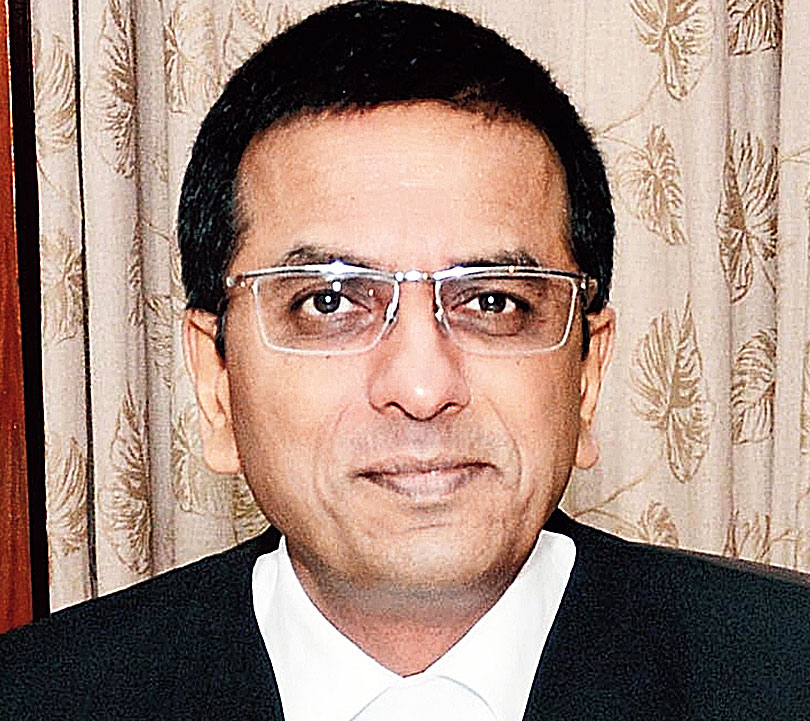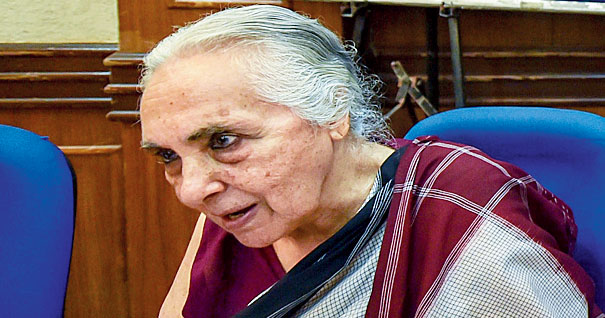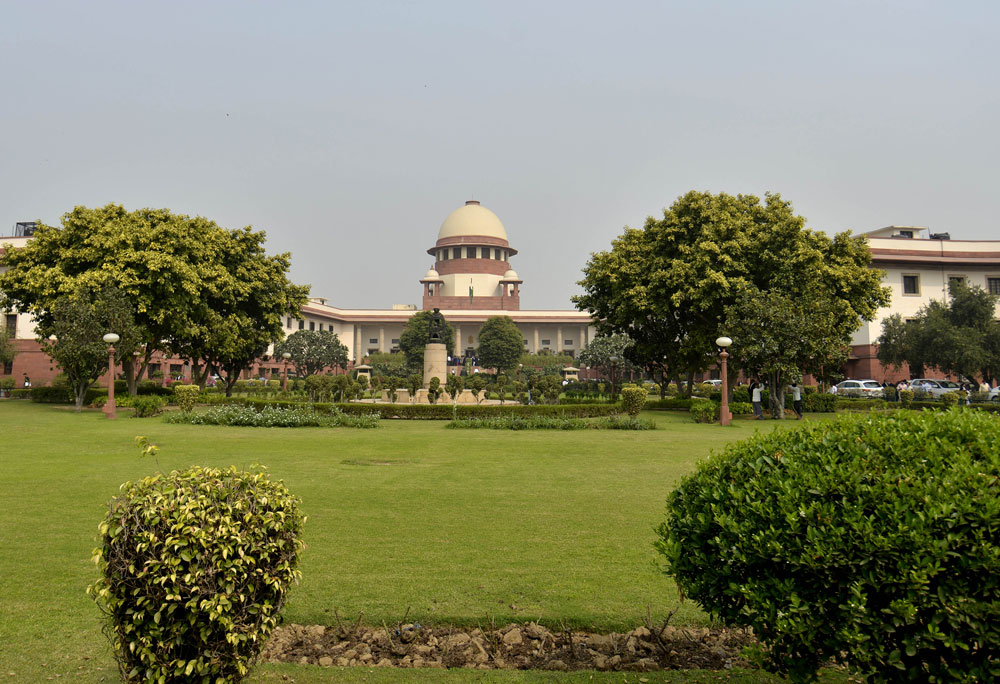Justice D.Y. Chandrachud, the dissenting Supreme Court judge in the Bhima-Koregaon case, on Friday chided Pune police for selective leak of information on the alleged Maoist links of the five arrested civil liberties activists, saying “voices in opposition cannot be muzzled by persecuting those who take up unpopular causes”.
“If this court were not to stand by the principles which we have formulated, we may witness a soulful requiem to liberty,” the judge wrote.
“The investigation should not be thwarted, this is a proper case for the appointment of a special investigating team. Circumstances have been drawn to our notice to cast a cloud on whether Maharashtra police have in the present case acted as a fair and impartial investigating agency,” he said.
“Sufficient material has been placed before the court bearing on the need to have an independent investigation,” Justice Chandrachud added.
The judge said the case required a probe by an SIT, which the majority view rejected, as the police’s use of the electronic media to influence public opinion when the investigation was pending had subverted the fairness of the inquiry.
“There is a serious allegation that the arrests have been motivated by an attempt to quell dissent and to persecute five individuals who have pursued the cause of persons who have suffered discrimination and human rights violations. In approaching the present case, the court must be mindful of the need not to thwart a criminal investigation leading to the detection of unlawful acts,” Justice Chandrachud said.
He noted that at another media conference on August 31, the police had read out letters that should be part of the case diary. The judge also pointed out that at a news conference on June 8 the police had, just before a court was to hear the remand plea on certain other activists, read out a letter claiming a plot to assassinate Prime Minister Narendra Modi.
“On July 4, 2018, when the arrested persons were to be produced before the court in Pune, a letter attributed to (accused) Sudha Bhardwaj was sensationally telecast on a television channel linking her with the unlawful activities of certain groups.
“The manner in which the joint commissioner of police and the additional director-general of police (law and order), Maharashtra, have selectively disclosed purported details of the investigation to the media and on television channels casts a cloud on the impartiality of the investigative process.
“In the present case, Police briefings to the media have become a source of manipulating public opinion by besmirching the reputations of individuals involved in the process of investigation…. What follows is unfortunately a trial by the media. That the police should lend themselves to this process is a matter of grave concern,”Justice Chandrachud said.

Justice Chandrachud The Telegraph
He said the court must ensure liberty was “not sacrificed at the altar of conjectures”.
“Individuals who assert causes which may be unpopular to the echelons of power are yet entitled to the freedoms which are guaranteed by the Constitution. Dissent is a symbol of a vibrant democracy,” the judge wrote.
“Voices in opposition cannot be muzzled by persecuting those who take up unpopular causes,” he wrote, but reminded: “Where, however, the expression of dissent enters upon the prohibited field of an incitement to violence or the subversion of a democratically elected government by recourse to unlawful means, the dissent ceases to be a mere expression of opinion.”
Justice Chandrachud referred to a media conference held earlier in Pune by Shivajirao Bodhke, joint commissioner of police, proclaiming that the district police had more than sufficient evidence against the five activists.
“This is disconcerting behaviour — the joint commissioner sought in this oblique manner to respond to the interim order of this court by (taking) recourse to the electronic media,” the judge said.













